Khabar Khair (Only Good News) – Fatima Rashad
Technical education and vocational training contribute to providing labor market with diverse and effective outcomes that contribute to community development. It is the basis for capacity building, development of industries, and economic growth through the outcomes by which this type of education is characterize.
There are four different types of institutes in Aden, including technical, vocational, and commercial, as well as private institutes for skills education and capacity development. thousands of capable and productive students with different disciplines graduate form such institutes.
Muhammad Al-Azani (A graduate student from the Technical Institute – Aden) told Khabar Khair (Only Good News): “I graduated from the air conditioning and refrigeration department, and I got a job in the Kingdom of Saudi Arabia, so I worked in a company there, then I chose to go back and work in my country, and I opened this workshop, which is the project that I aspire to grow.”
On his part, Adel Abdel Rahman (a graduate of the technical institute) says: “Vocational and technical institutes provide the market with diversified employment, and many students are attracted by technical and vocational institutes because of the grants provided for them that match their ambitions.”
Adel adds: “The institutes are distinguished by the intensive scientific material, and they focus on the practical side which is concerned with practical application in workshops and laboratories.”
Issam Abdo (adviser at the Ministry of Technical Education and Vocational Training) told Khabar Khair (Only Good News): “There are short and easy six or seven-month courses for low-skilled people that include Students dropping out of education, moreover there is a two-year vocational diploma, as well as 3 years- technical secondary at the Technical and Commercial Institute.
Adviser Essam said: “There is a decline in the demand for technical and vocational institutes due to the conflicts in which we live, and the community’s failure to encourage young people to enroll in such institutes, and the living conditions that made many people generally dop out of education.”
On his part, Eng. Saeed Ahmed (one of the institute’s graduates) said: “I graduated from the Technical Institute in 2005, and I majored in production mechanics. I worked in private factories. We were a group of graduate students and there was a strong partnership between institutes, foundations, and companies, but today we can see there is a problem in supplying the market with graduates. In the previous period, there was a strong partnership with Germany, which paid attention the outcomes of the institutes and encouraged them.”
Scientific syllabuses looking for a budget
Hussein Al-Ban (from the Curriculum Department at the Ministry of Technical Education): ” vocational and technical institutes are facing difficulties, including lack of budget, furthermore the curricula have not been renewed for a long time, and there is a shortage of equipment and appliances that keep pace with technological development, especially mobile phones and computers as well as cars.” .
Al-Ban continues to Khabar Khair (Only Good News): “We have sought to set out our perceptions to the Ministry to improve The Department of Curriculum, which is the most important department that connects teachers and students. So, if there is no clear curriculum, the teaching process will not be on the track. We need equipment so that students can apply practically what they learned in laboratories and workshops and link it to theoretical education.”.
Developing institutes’ disciplines
Many responsibilities rests with vocational and technical education if we look at the labor market requirements, which strongly demands technical and professional disciplines in keeping with the times.
Vocational and technical education should be renewed and evolving according to market requirements. The number of approved disciplines for the vocational secondary school course is 11, while the technical diploma course contains 37 different disciplines including practical and professional.
The role of Skills Development Fund
Skills Development Fund is serving as the interface between the Ministry of Technical Education and Vocational Training and private colleges and institutes since some courses are held through it.
The establishment of Skills Development Fund aims to develop learner’s technical, professional, and application capabilities, this improves performance in institutions, as well raising the productivity of public, private and mixed sectors facilities to support and develop the economy. It also works on encouraging employers to contribute to developing training programs and identifying their needs to upgrade the skills of their professional workers, and to train and rehabilitate unstable skilled labor, this kind of labor work in the market by experience. The fund also raises awareness of the importance of skills development in improving productivity.
The Fund announced its training plan for 2021, which includes 14 programs for young unemployed graduates, these training programs ranging from professional, technical, and vocational.
Essam Abdo Ali, adviser, the Ministry of Technical Education and Vocational Training, says: “The fund serves the community, as it is linked to companies and institutions, because it holds courses that enhance the capacity of employees working for these companies and institutions.”
Essam called for developing solutions to the problems that the institutes face, benefiting from the outcomes of the institutes, and activating the role of the Skills Development Fund by providing it with the necessary support to implement training programs.
He called for a partnership between institutes, companies, and foundations, just like before to provide labor market with outcomes, encouraging outstanding students and support their inventions for the society. He also called for the private investment sector to work on adopting and developing the skills of outstanding students.



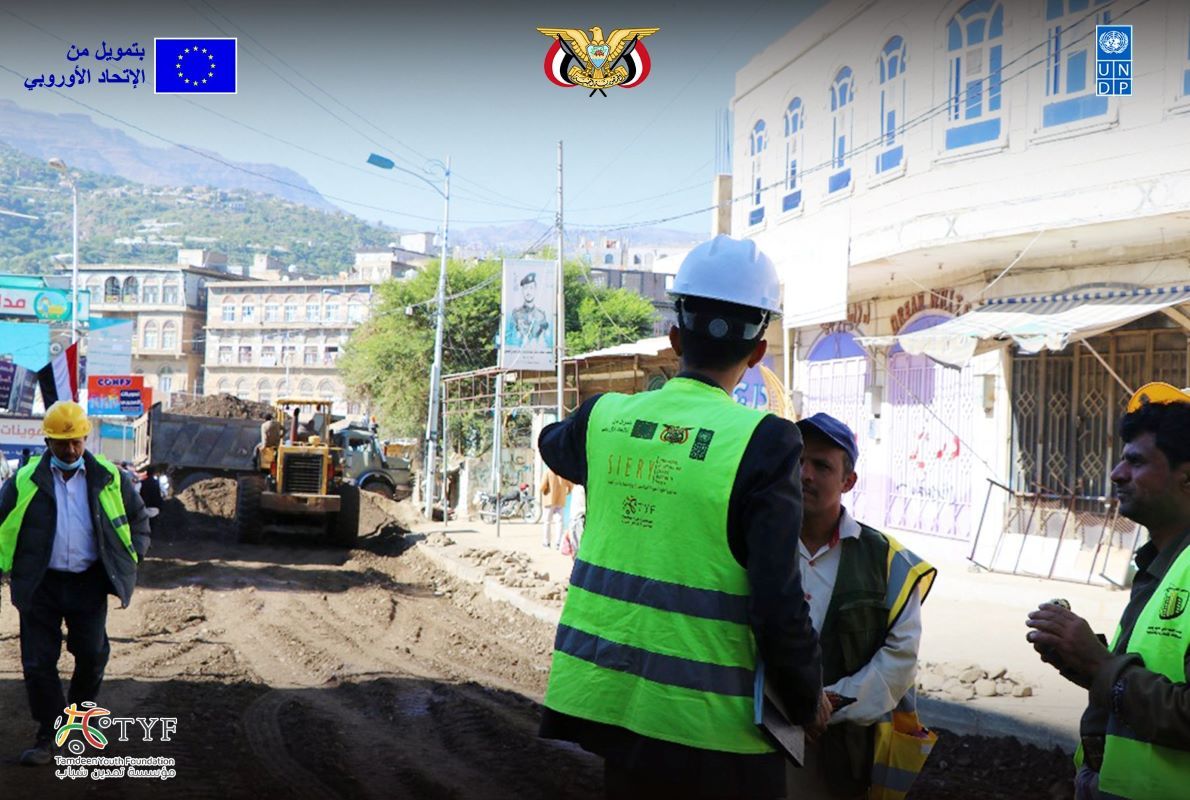
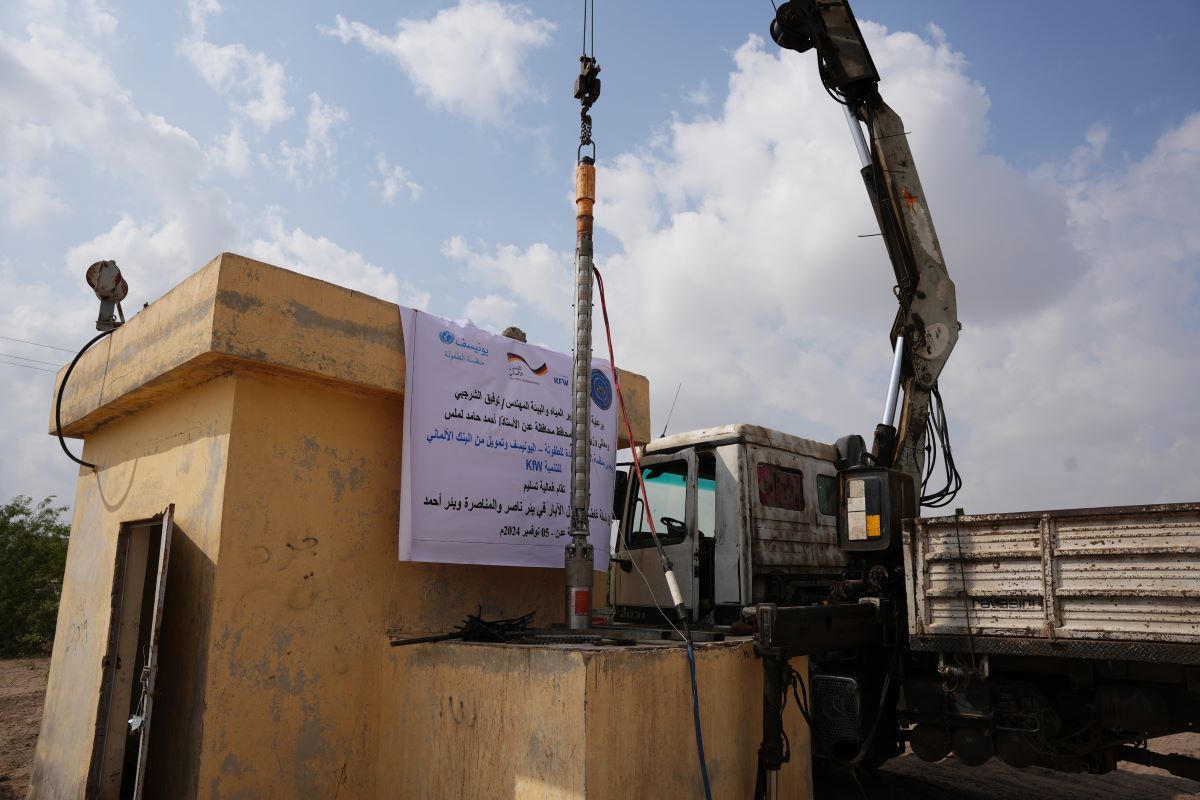
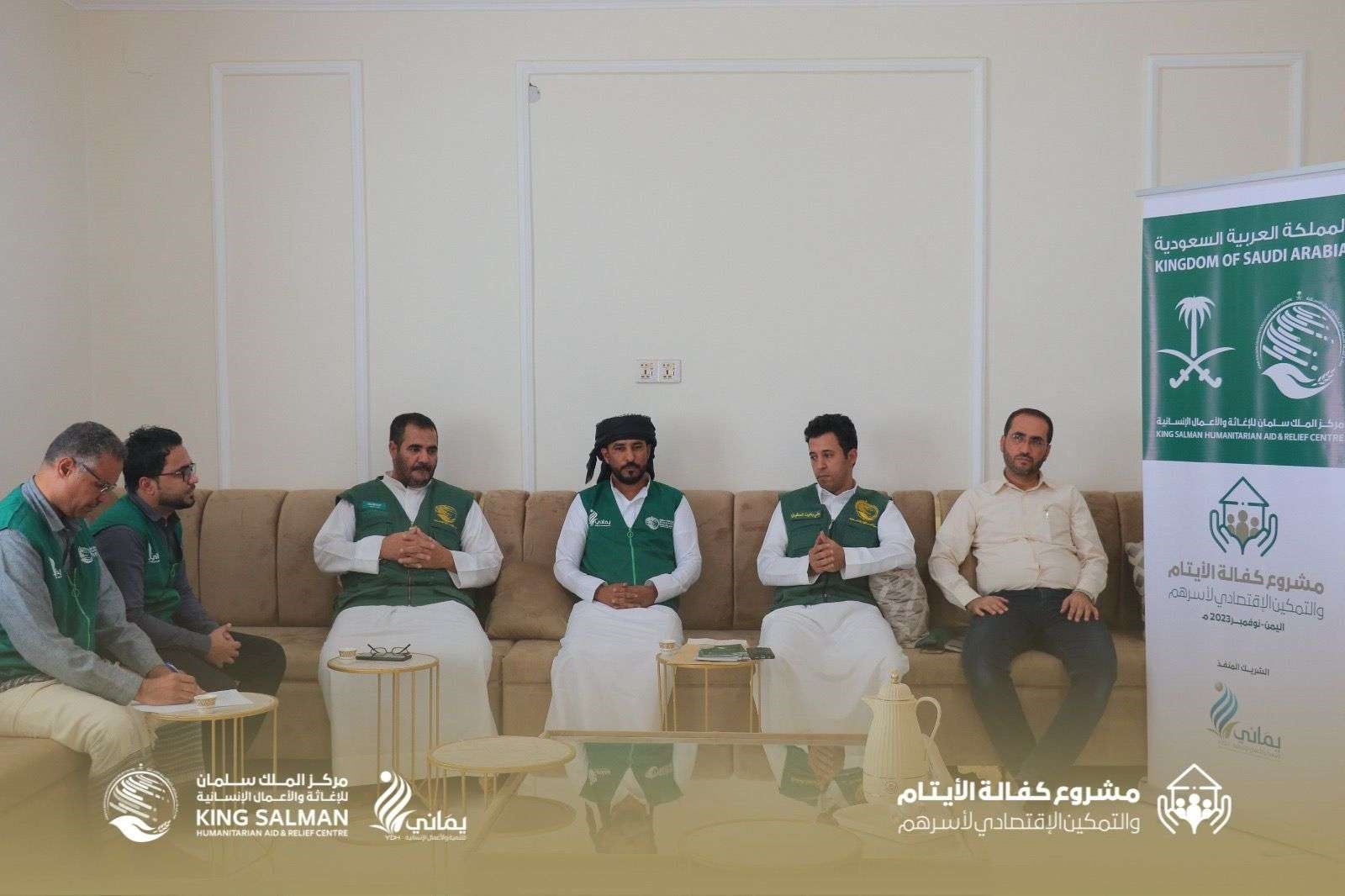

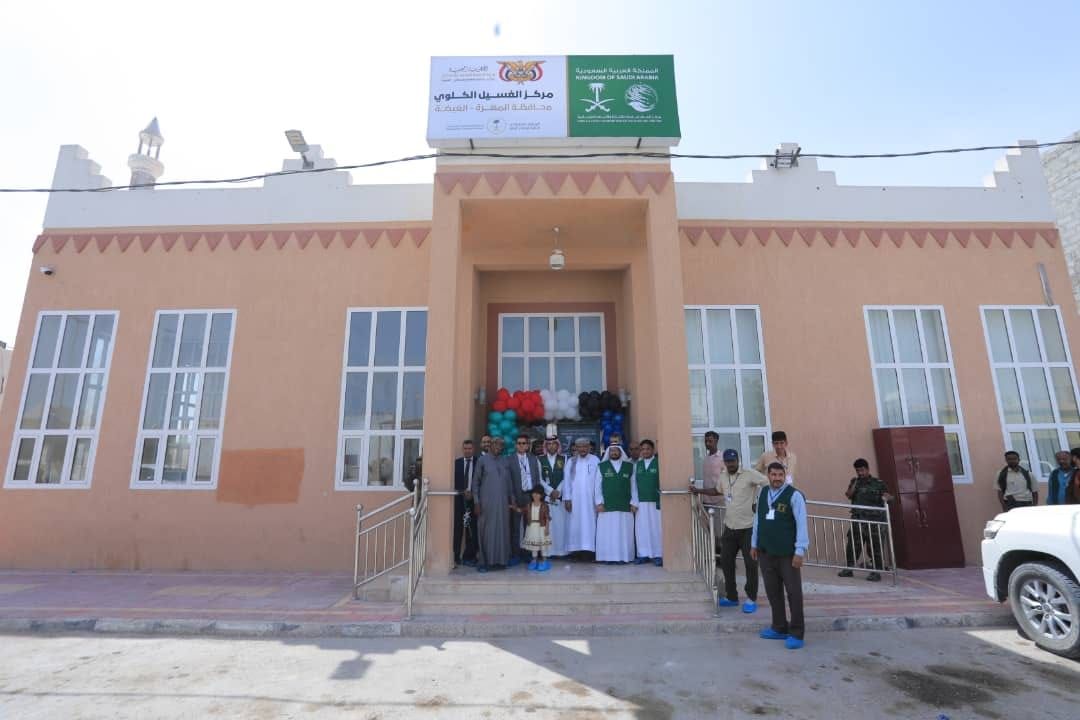

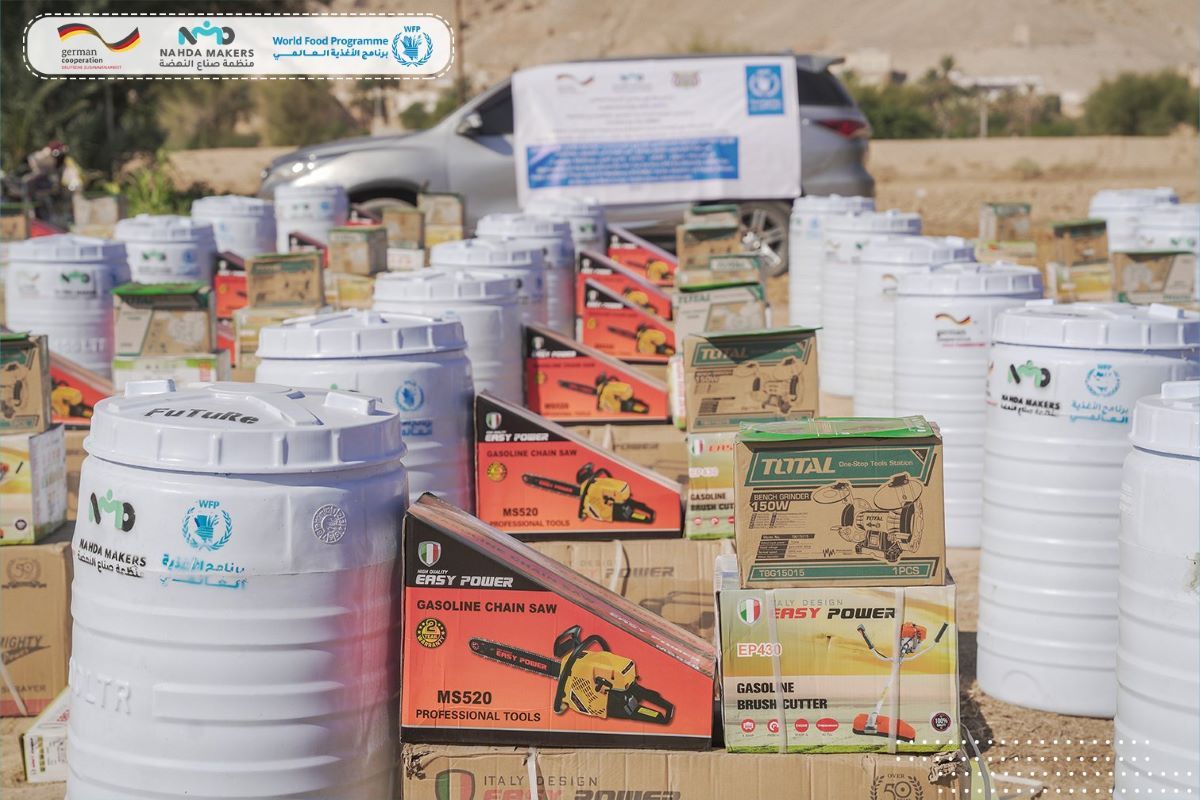

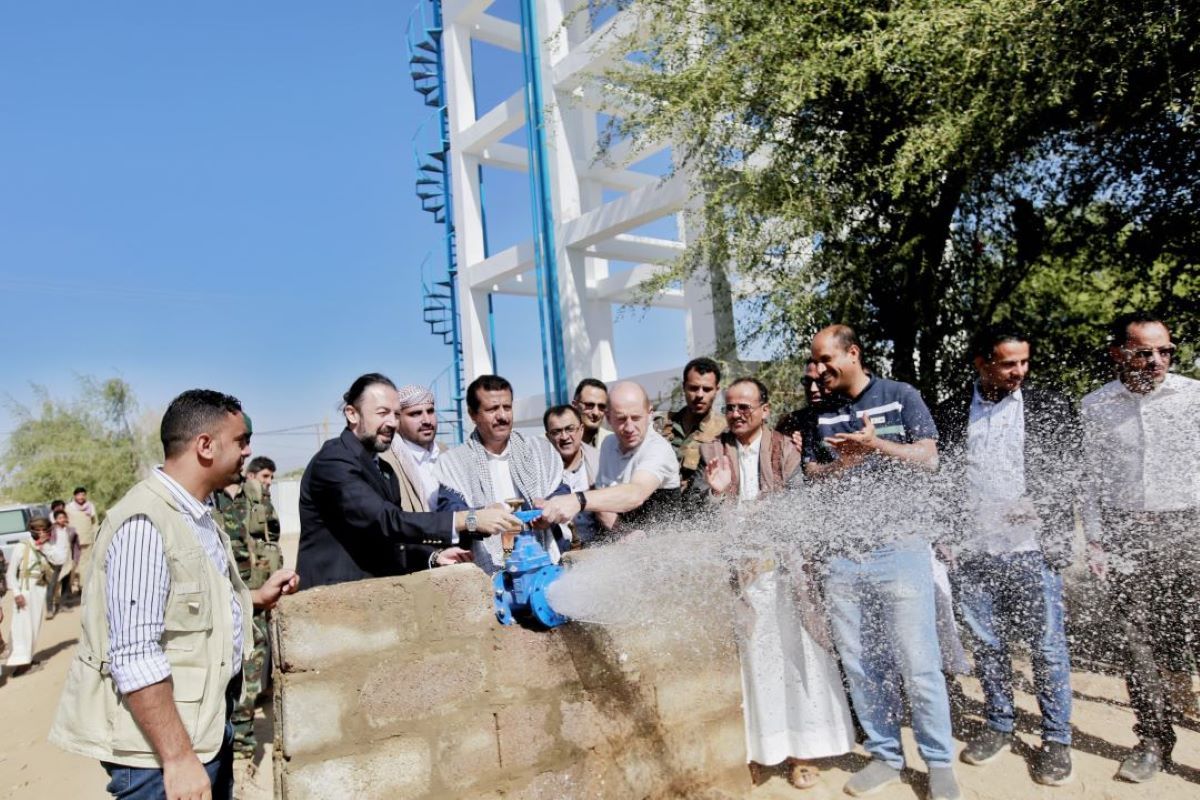

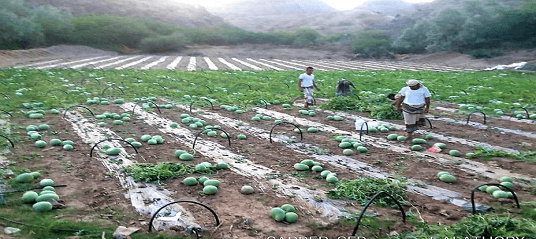
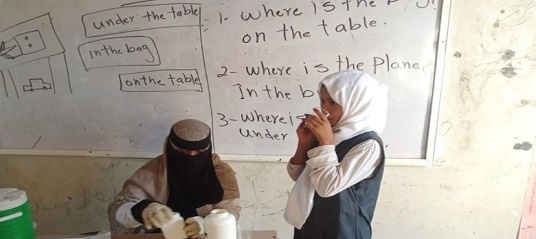
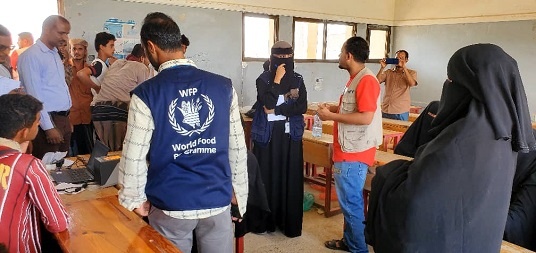
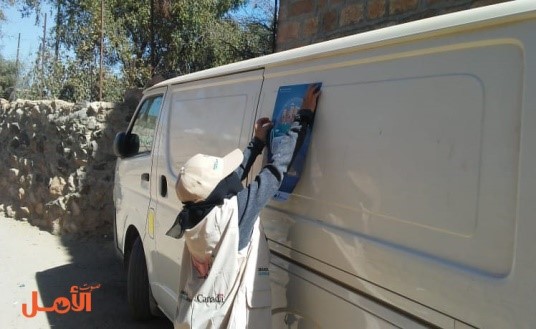
LEAVE A COMMENT